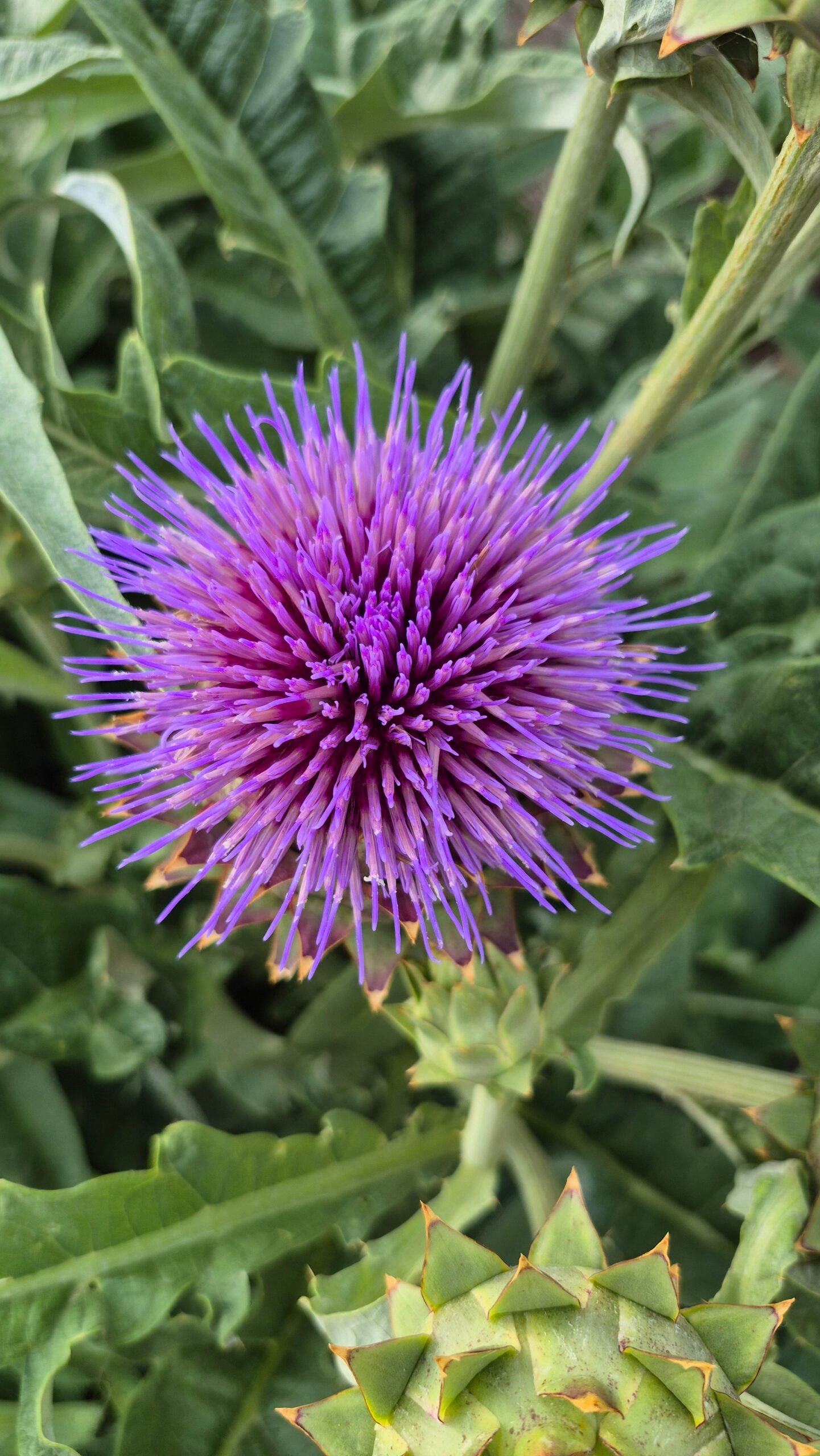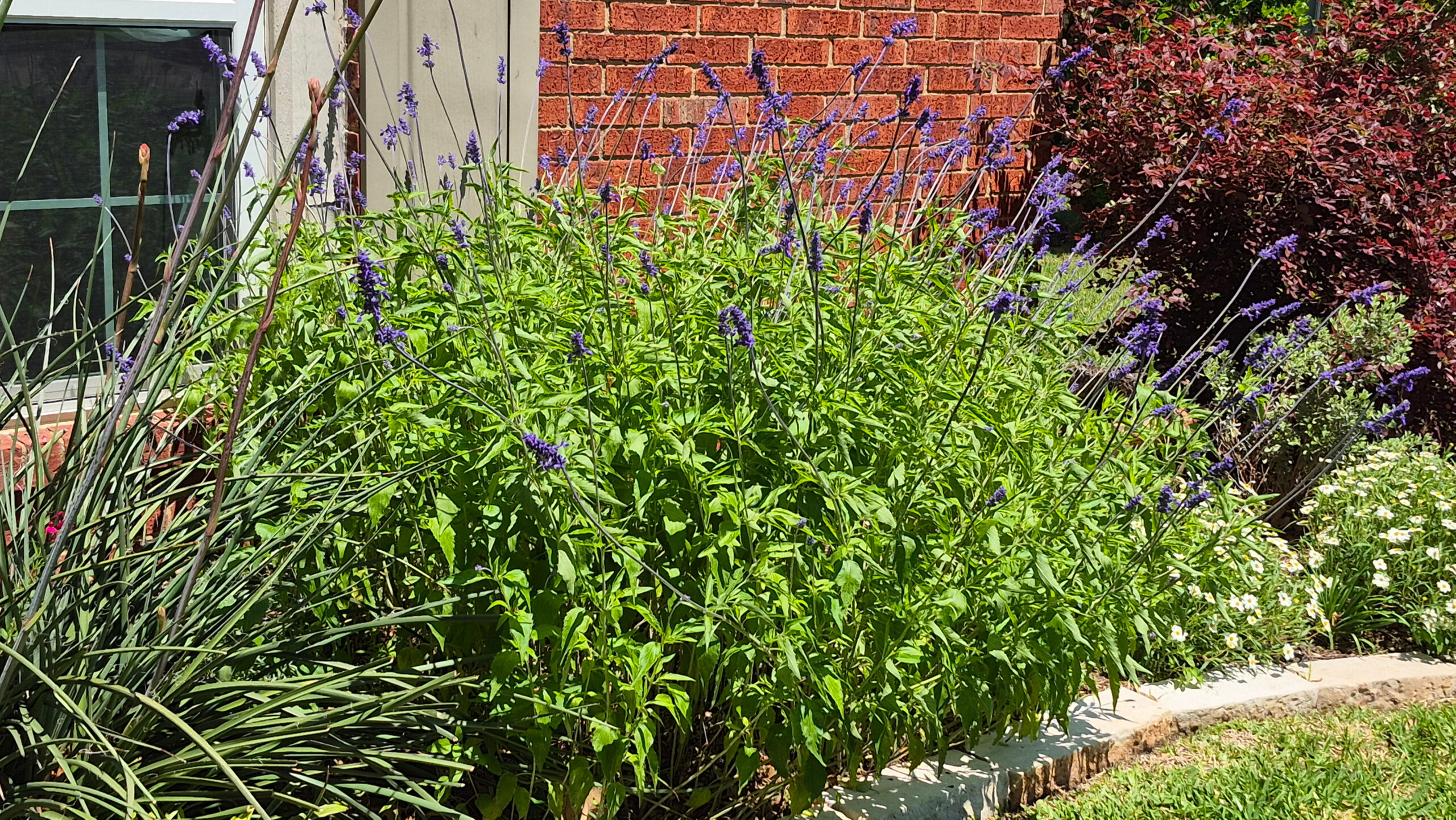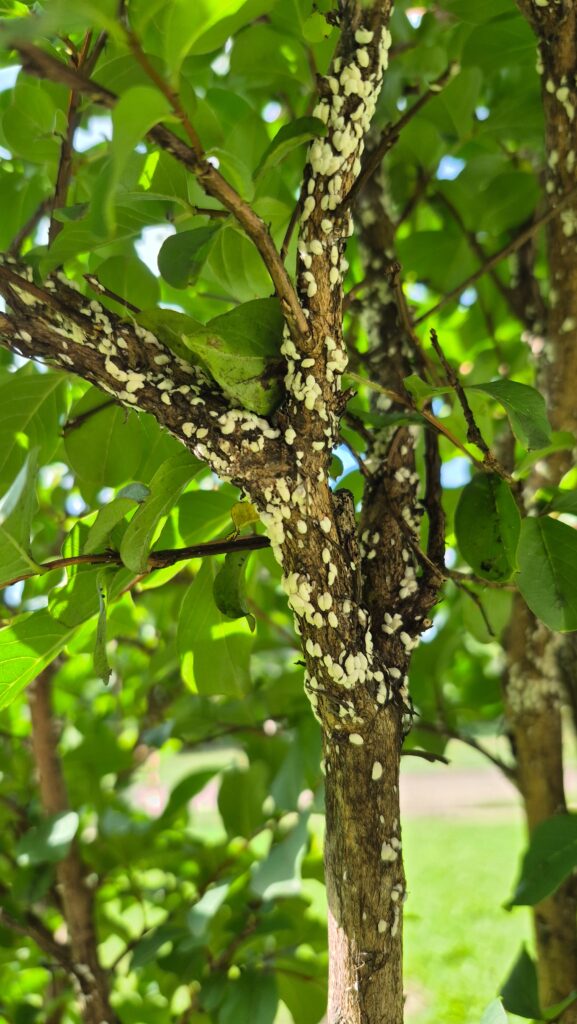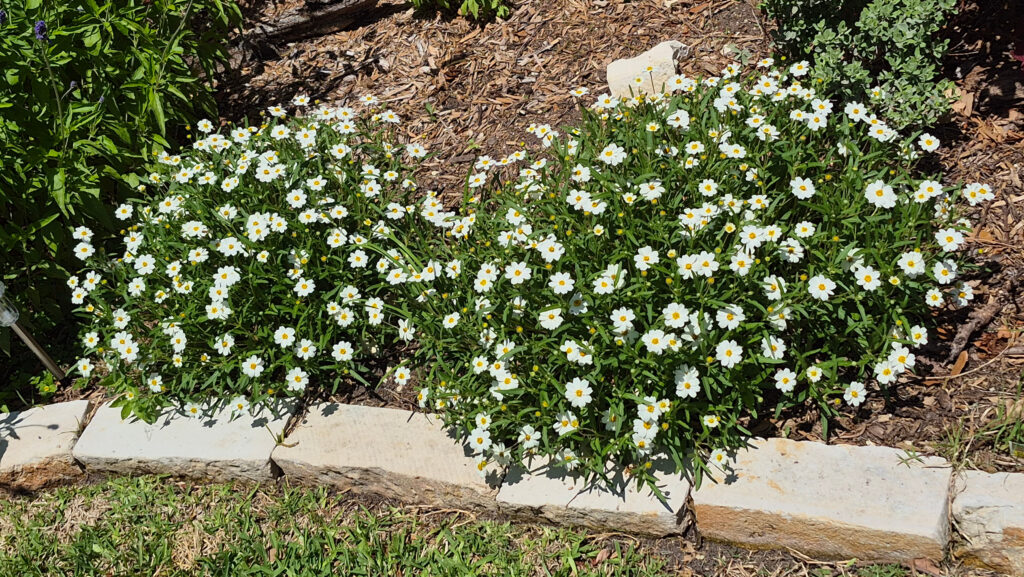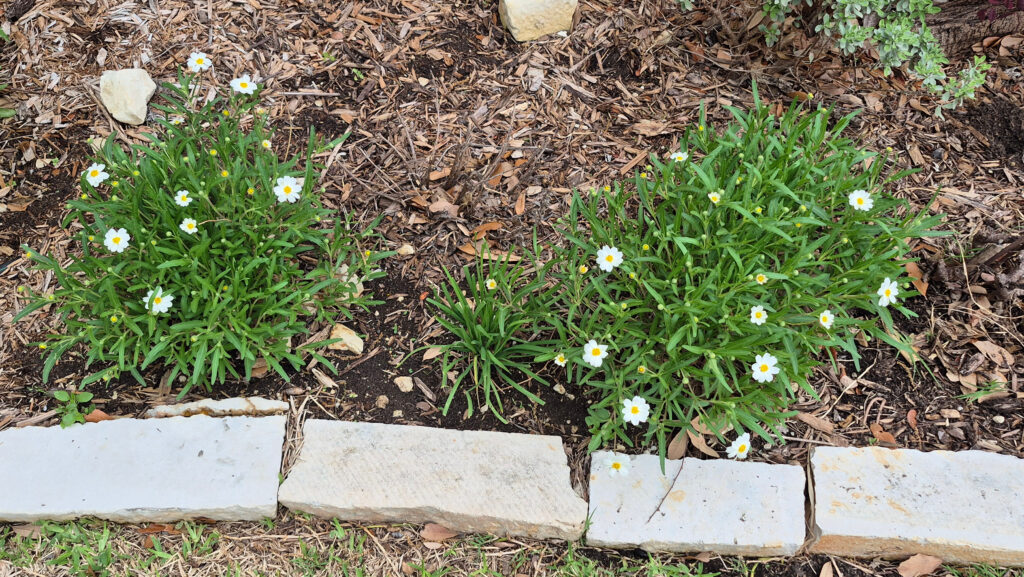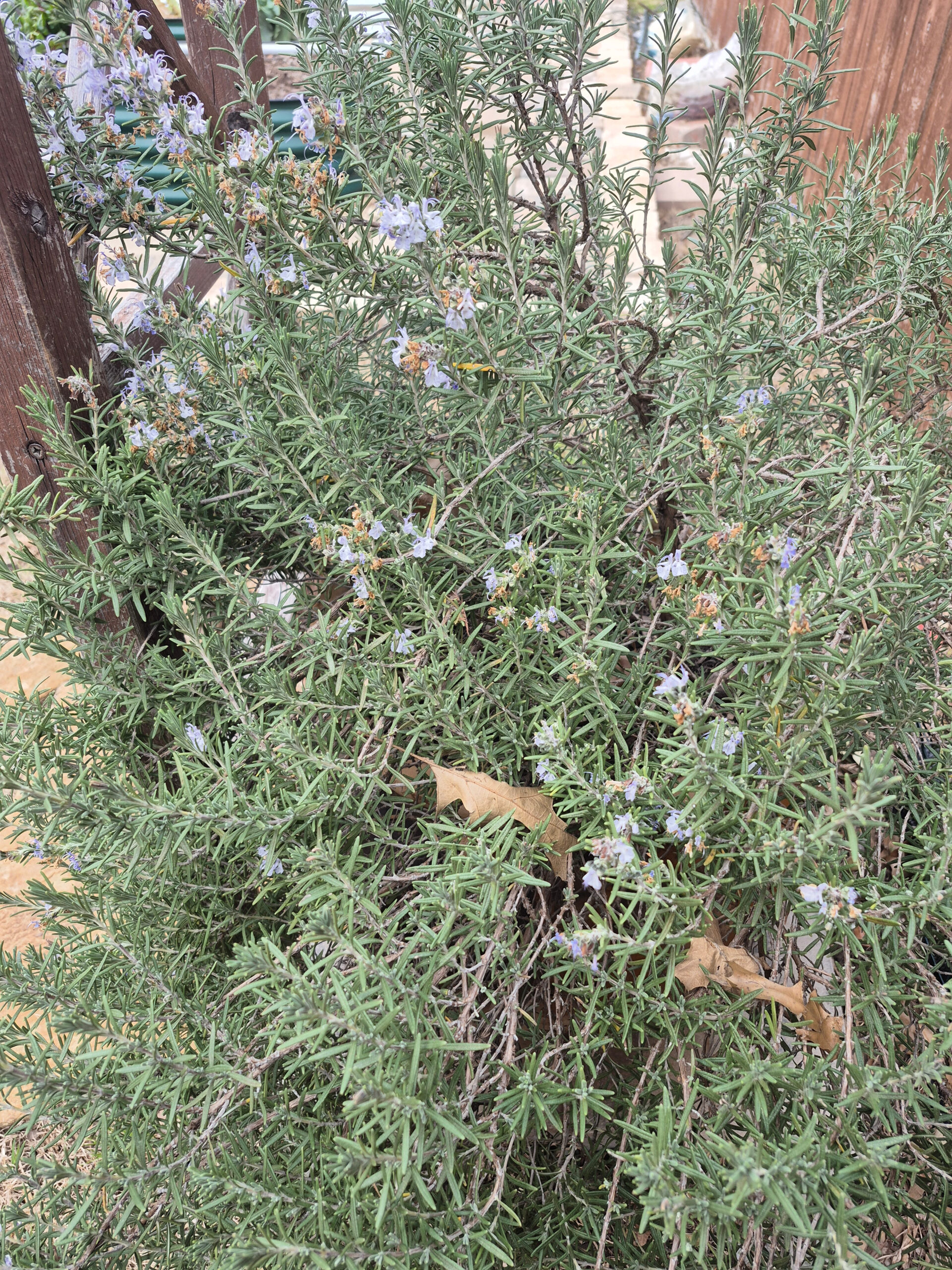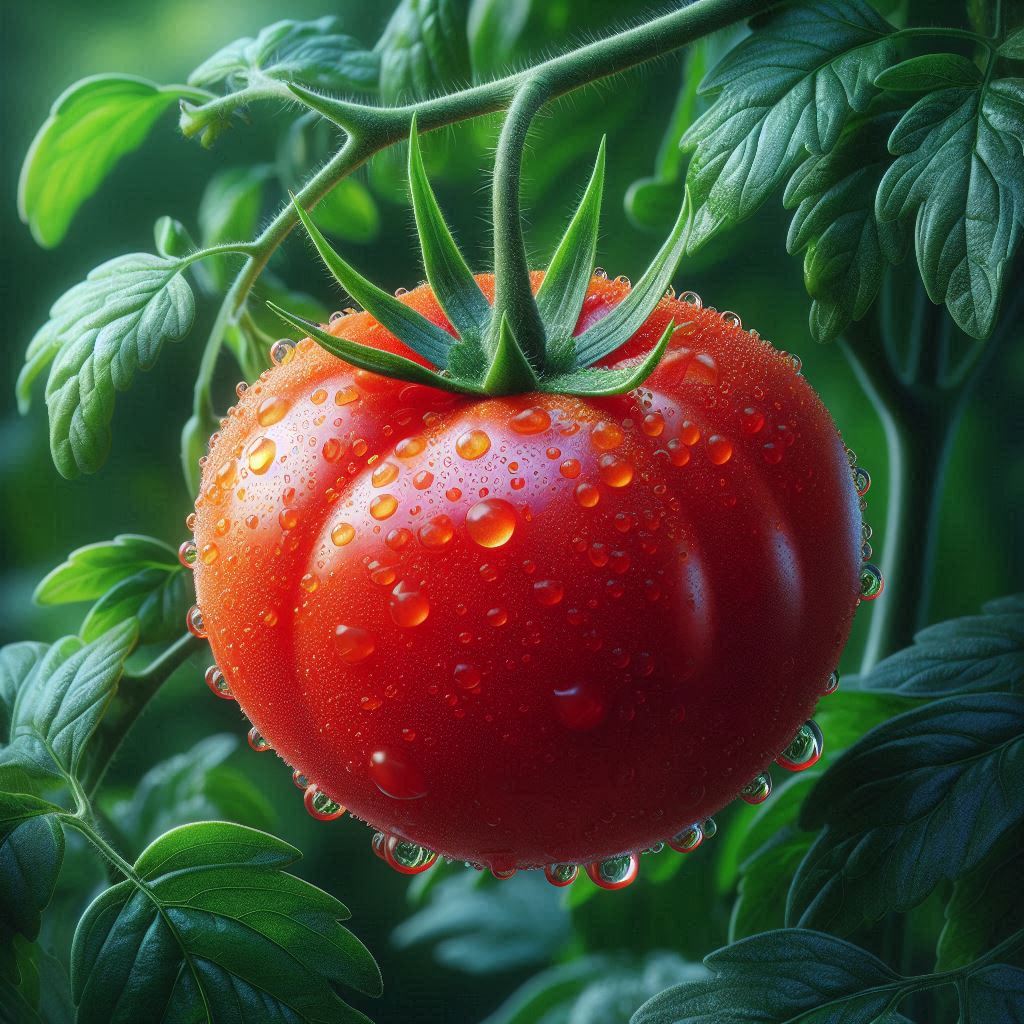Growing artichokes in Texas can be rewarding and fun. Artichokes are relatively hardy. Artichokes may seem like a California specialty, but growing artichokes in Texas is absolutely possible—and rewarding. These striking perennials add sculptural beauty to any garden while yielding a uniquely delicious harvest. With a bit of regional know-how, Texas gardeners can coax these thistle cousins into thriving across much of the state, from cooler Hill Country climates to the heat of Central and North Texas.
Artichokes and Their Hardiness Needs
Artichokes are perennial in USDA zones 8 and above, which includes a good stretch of Texas. However, they can struggle in areas with intense summer heat or surprise winter frosts. To ensure success, treat them as either annuals or perennials depending on your zone. Central Texans can overwinter them with care, while North Texans might grow them as annuals unless using season extenders or heavy mulching.
Winterizing Your Artichokes
If you’re planning on growing artichokes in Texas as perennials, winterizing is essential. Cut the plant back to about 6 inches after the first frost, then mound mulch—like straw, pine needles, or compost—around the base to protect the crown. In harsher areas, a floating row cover or even a makeshift cloche can help preserve your plant through surprise cold snaps.
Feeding and Watering Artichokes for Vigor
Artichokes are heavy feeders with deep roots, so amend your soil with compost or well-rotted manure before planting. During the growing season, a balanced fertilizer every 4–6 weeks helps boost both foliage and flower development. Water deeply but infrequently to encourage strong roots—generally once or twice a week depending on rainfall and temperature. Texas heat will stress shallow-rooted plants quickly, so consistent watering is key.
Harvest and Blooms: Function Meets Beauty
The edible part of the artichoke is the unopened flower bud, typically ready to harvest in late spring or early summer. Cut them off with a bit of stem when they’re still tight and firm. If you miss the window, don’t worry! Left to bloom, artichokes explode into massive, lavender-colored thistle flowers that attract pollinators and serve as a stunning ornamental element in the landscape.
A Unique Touch for Texas Gardens
One of the pleasures of growing artichokes in Texas is how they blend food production with visual drama. Whether you’re cultivating them for their tasty buds or simply for their jaw-dropping flowers, artichokes offer a refreshing alternative to typical vegetable crops. They pair beautifully with herbs like rosemary and sage, which also love the Texas climate.
Conclusion: A Worthwhile Garden Experiment
With the right preparation and care, growing artichokes in Texas can become a staple in your gardening routine. They’re resilient, rewarding, and a conversation starter in any landscape. If you’ve got the space and a sense of adventure, these Mediterranean beauties might just become your next garden favorite.
